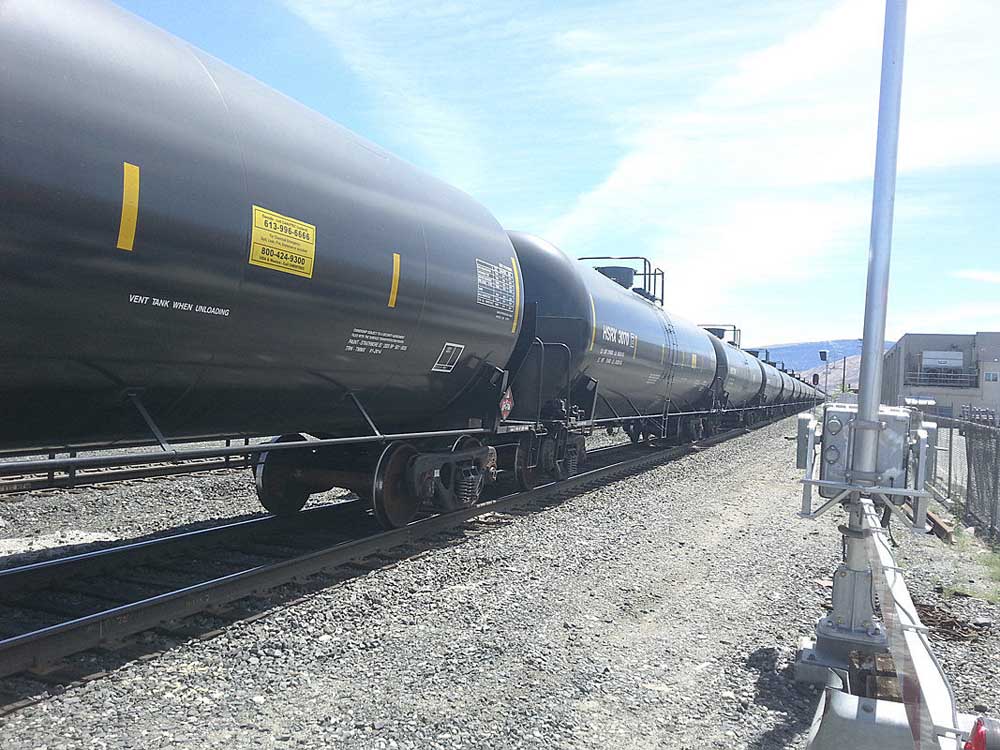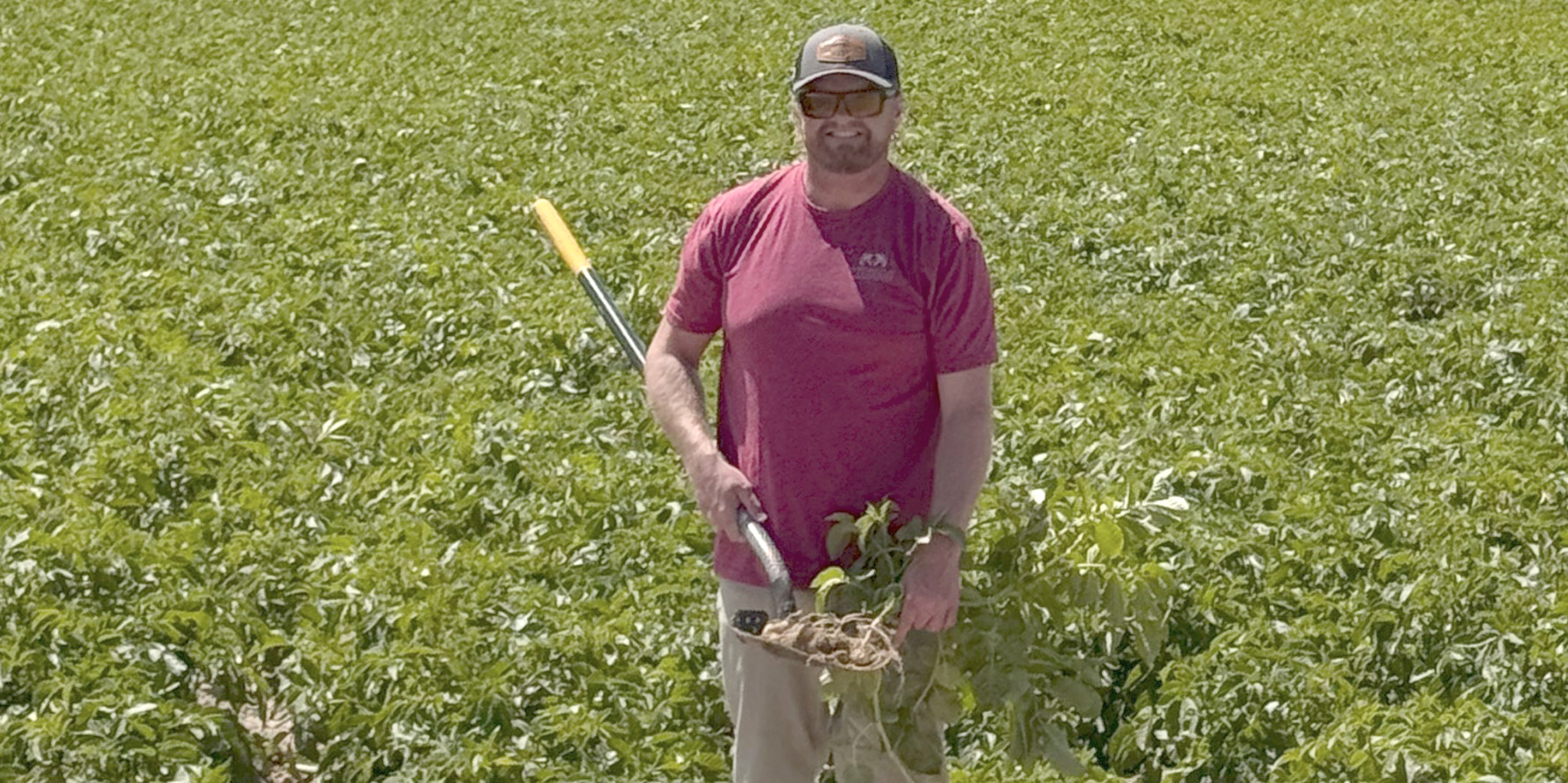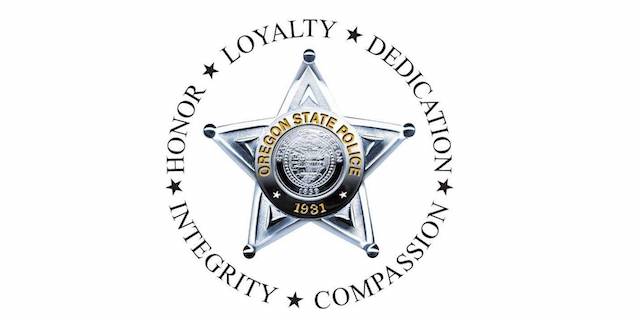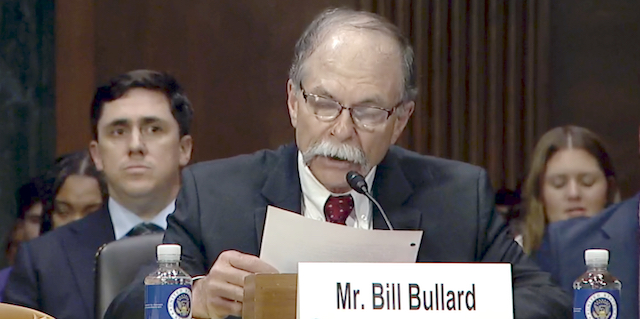Canola oil to stay in Washington’s new railroad safety rule
Published 2:37 am Friday, March 11, 2016

- Oil tankers travel east near Wenatchee, Wash. The influx of crude oil traveling through Washington will lead to new regulations for railroads that haul vegetable oils.
OLYMPIA — A new Washington railroad safety law that was aimed at crude oil also will strike vegetable oil.
Lawmakers adjourned the 2016 regular session late Thursday without amending a 2015 bill to regulate rail tankers hauling oil.
The bill responded to the influx of Bakken crude oil traveling to Washington refineries. Legislators said they feared explosive derailments in Washington, like the one in Quebec in 2013 that killed 47 people.
The Department of Ecology proposed in mid-January that short-line railroads in Eastern Washington that haul animal fats and vegetable oils obey the same spill-response requirements as interstate crude oil carriers.
Some lawmakers said that was an overreach. Others agreed with DOE that vegetable oil spills pose a danger to the environment, particularly fish. Bills this year to explicitly exclude biological oils from the spill-response rule failed.
DOE will proceed by proposing a rule April 6 for petroleum and non-petroleum oils, agency spokeswoman Lisa Copeland said.
“Safety is not just about people, it’s also about the environment,” she said.
The rule is scheduled to become final in October.
Railroads that haul vegetable oils already must follow spill-response rules set by the U.S. Environmental Protection Agency.
Moses Lake Sen. Judy Warnick, whose district includes oil producer Pacific Coast Canola, said DOE officials have assured her they will consider what railroads already are doing and may regulate vegetable oil with a lighter touch than crude oil.
“That gives me a little bit of hope,” she said. “I’m holding the Department of Ecology to their promise to work with railroads and the canola folks.”
Copeland said DOE may propose different standards depending on the type of oil. “I would say that’s a possibility,” she said.
The new rule will require railroad companies to submit spill-response plans to the state. The plans must detail the crews and equipment operators can quickly summon to clean up spills.
Patrick Boss, a lobbyist for short-line railroads in Eastern Washington, said he raised the question last year, but nobody said the law would apply to food-based oils.
“Everybody should have taken it more seriously,” he said. “Hindsight is 20/20.”
In floor speeches last year, legislators talked about fiery derailments, unstable oil-producing countries in the Middle East and the ingenuity of North Dakota oil producers. No legislator mentioned animal fats or vegetable oil.






